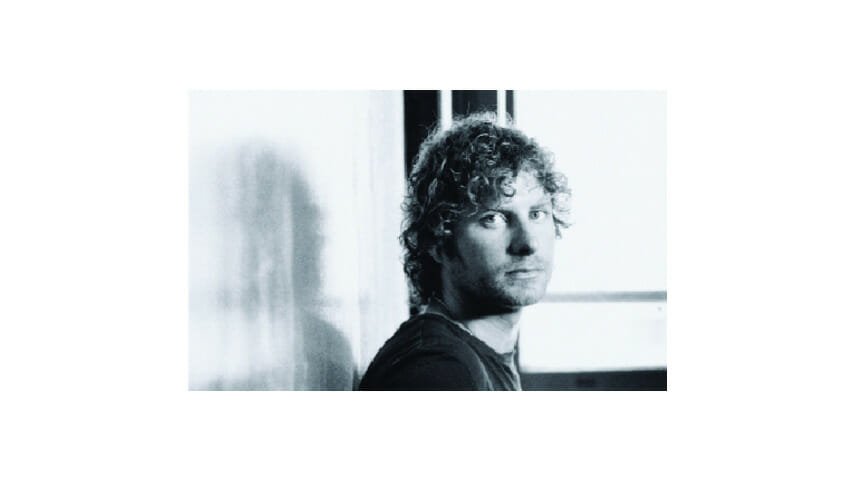Dierks Bentley — Long Trip Alone

“I hear people talk of heaven and how it’s only for the precious few,” Dierks Bentley croons on “The Heaven I’m Headed To.” You can tell it’s a mainstream-country track by the way every note from every instrument and singer is calculated and calibrated. But when Bentley’s honeyed tenor shifts from somber reflection to bold assertion for the chorus, he declares that heaven is not nearly as restrictive as many on the Christian Right—and their allies on Music Row—might like us to believe. “In the heaven I’m headed to,” he declares, “there’s a place for preachers, thieves and prostitutes, saints and soldiers, beggars, kings and renegades.”
It’s surprising to hear such tolerance for the criminal poor and the sexually promiscuous from a mainstream-country star these days, but Bentley sells it by admitting his own sinful ways and hoping for some pardon of his own. His producer Brett Beavers makes the music claustrophobic and nervous on the verses about intolerance but then releases that tension in the joyful, accepting chorus. There’s an undeniable pleasure in being manipulated by superbly crafted pop music, and that’s what’s happening here.
-

-

-

-

-

-

-

-

-

-

-

-

-

-

-

-

-

-

-

-

-

-

-

-

-

-

-

-

-

-

-

-

-

-

-

-

-

-

-

-








































